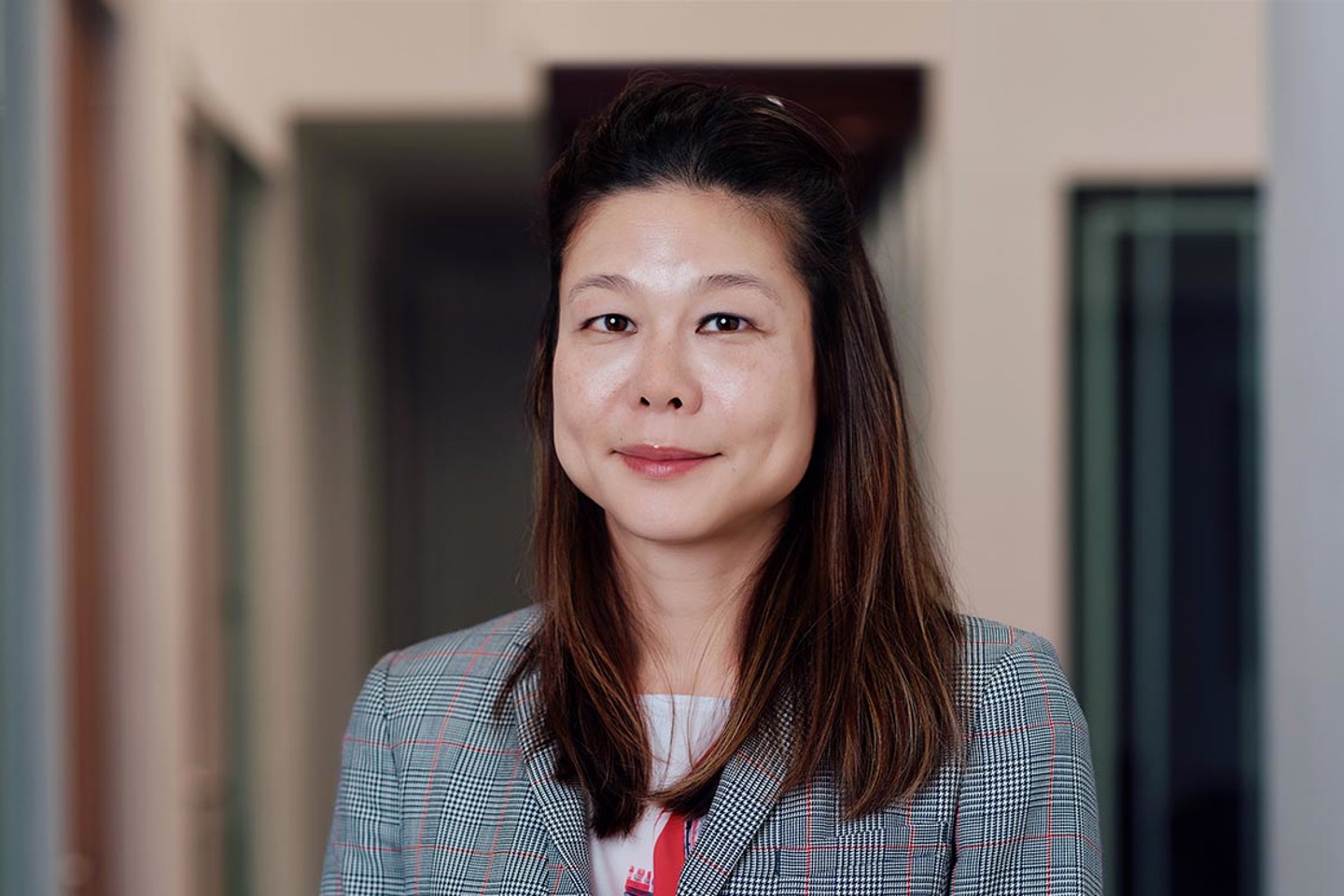Bedell Cristin considers what steps British Virgin Islands, Cayman Islands, Guernsey and Jersey trustees should take to comply with their fiduciary obligations in an unprecedented situation. We look at some areas of concern for trustees and families, being investments, cash flow, succession risks and practicalities.
Investments
The Covid-19 crisis has impacted all investors globally, and trustees are no exception. There may be understandable pressures placed on trustees by anxious beneficiaries for them to take action to protect their portfolios, such as to liquidate them, or to radically alter investment strategy.
Despite this, trustees should be cautious of making rash investment decisions and should keep in mind their duties when considering investments. Unless the trust deed states otherwise, trustees must preserve and enhance the value of the trust fund and should diversify investments so far as it is reasonable and practicable.
It would be prudent for trustees to have regular conversations with their investment advisors to discuss whether any action is required to adjust the trust's investment portfolio. Such conversations should occur at more regular intervals than usual given the volatility of the market.
Experience from the 2008 credit crunch shows that trustees are at risk of being blamed for trust funds falling in value even where such reductions have been caused by economic activities which are outside the control of the trustees. Therefore trustees should take all reasonable steps to ensure that they comply with their fiduciary duties. Following each conversation with the investment advisor, trustees should consider whether the investment advisor's advice is in line with general market trend and record the reasons for any decisions they make following such advice.
Cash Flow - Cash is King
To the extent possible trustees should consider maintaining a "cash buffer" in the trust fund in order to allow some liquidity to pay distributions and expenses.
For some structures, the normal cash flow from the trust assets might have ceased or reduced given the impact on businesses globally. Therefore trustees may need to look at ways to reduce or defer expenses and distributions as a way of improving the cash position in the fund. For example, if the trust has creditors, trustees should consider having conversations with them about whether the current payment arrangements are feasible or whether payments can be deferred or reduced. Conversations should also be had with beneficiaries who receive regular distributions out of the trust fund to see whether such distributions should be reduced or terminated.
Review trust documents for succession risks
Succession planning and unexpected death within the family is undoubtedly a sensitive subject for clients, but in the current climate it is particularly important to have an open dialogue. During the pandemic there is unfortunately a greater risk that a key person (such as the protector or the family patriarch) could require urgent medical treatment, rendering them temporarily incapacitated or otherwise unavailable to sign documents.
Structures which are most at risk are those with older individuals who still hold key powers under the trust or trusts with settlor controlled provisions.
Trustees should review the trust deed carefully to make sure that the trust remains workable should a protector, power holder or other key individual be unable to make decisions due to incapacity or death. Where there are potential issues, this may in fact be a good time to raise them with the family while health and succession are at the forefront of people's minds. This is evidenced by the fact that the number of clients wanting to draw up wills has increased significantly since the pandemic started.
How do you achieve BAU (business as usual)?
The global lockdown has made previously straightforward tasks such as holding trustee meetings and signing paper documents much more difficult. In light of this, the trustees should check their own articles of association or incorporation and previous resolutions to ensure that business can continue as usual - most well drafted articles will allow for meetings to take place by electronic means.
The Electronic Communications (Jersey) Law 2000 (and its equivalents in BVI, Cayman and Guernsey) is also helpful to trustees, stating that a signature cannot be denied legal effect just because it is in electronic form (subject to certain exceptions). Therefore it should be possible for board resolutions to be signed by way of electronic signature. Bedell Cristin has pre-empted this practical difficulty and can now prepare documents so that they can be executed electronically by all parties, whether or not such documents are governed by BVI, Cayman, Guernsey or Jersey law (where documents are governed by foreign law, one would need to check that the relevant law recognises electronic signatures). For further information on closing transactions by electronic means in Guernsey click here, and in Jersey click here. Similarly, we have simplified our client take-on process so that it can be completed without any hard copy documents.
If the trust property includes underlying BVI, Cayman, Guernsey or Jersey companies, in order to meet economic substance requirements, such companies would normally be required hold directors' meetings in the respective jurisdiction. However, it will be of some comfort to trustees that all four jurisdictions have released guidance indicating that if, to avoid travel or because individuals are self-isolating, these meetings are, for example, temporarily held virtually, this would not be regarded as a failure to meet the economic substance test.
Trustees should nevertheless bear in mind that certain documents may require a wet ink signature and/or witnessing to be valid, and that advice should be taken in the event of any uncertainty.
If you would like to discuss any of the above please do not hesitate to get in touch.
Authors - Nancy Chien, Partner and Lydia Carter, Associate, Bedell Cristin, Jersey.
No Content Set
Exception:
Website.Models.ViewModels.Blocks.PageBlocks.CardBlocks.DownloadCardBlockVm
Locations: BVI | Cayman Islands | Guernsey | Jersey | Singapore
Related Service: International Private Client



